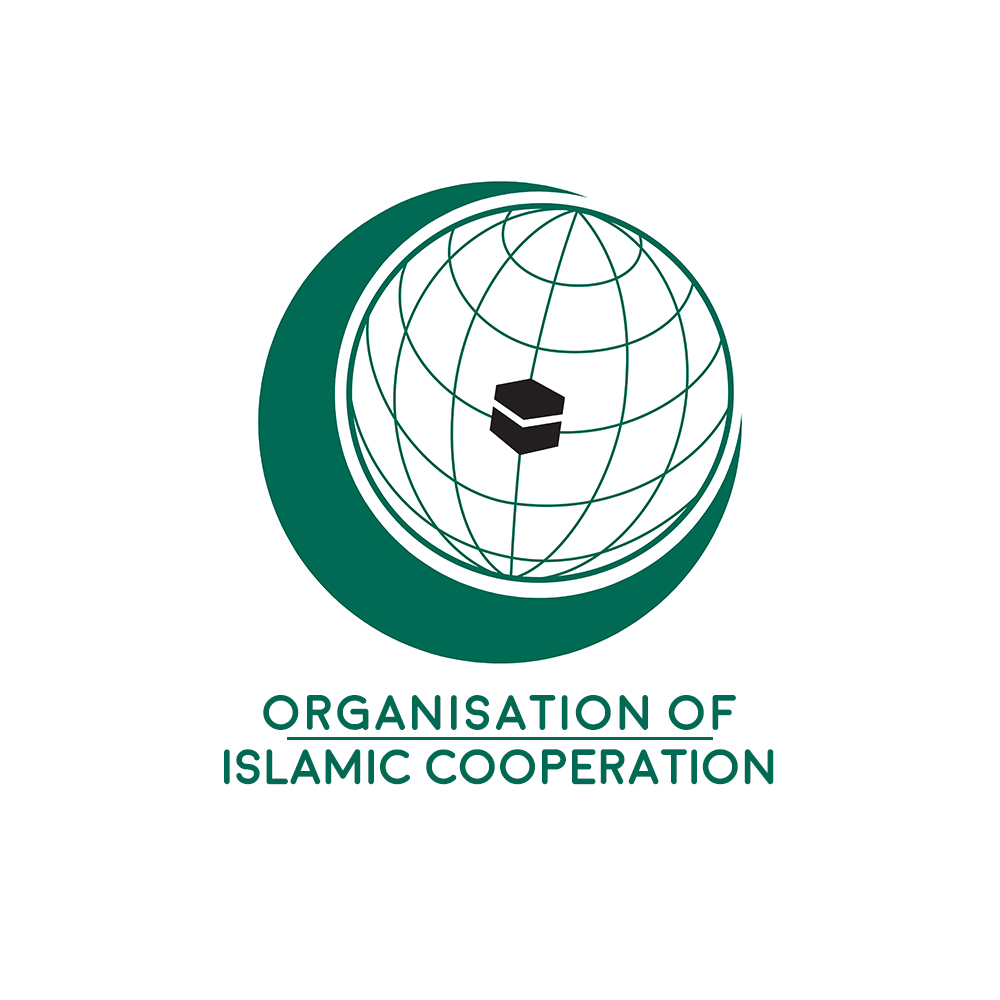Jeddah (SONNA) – The OIC Independent Permanent Human Rights Commission (IPHRC), while observing the ‘International Human Rights Day 2021’ joins the international community in highlighting the importance of upholding human rights principles of participation, equality and non-discrimination to mitigate the effects of the global pandemic in a manner that ‘No one is left behind’. The Commission welcomed the 2021 theme “Reducing inequalities, advancing human rights” which reflects a timely call to all governments to adopt inclusive and participatory policies in its recovery efforts from the ongoing pandemic. Agenda 2030 must be pursued in a manner that is consistent with the States’ obligations under international human rights law, which include their responsibility to respect, protect and fulfil economic, social and cultural rights of all without any discrimination, the Commission added.
The cumulative political and socio-economic consequences of the Covid-19 pandemic represent an imminent threat to the promotion and protection of human rights with receding freedoms, widening disparities and further marginalization of the persons in vulnerable situations, including women and girl child, elderly, persons with disabilities, migrants and refugees, minorities and people living under occupation or in armed conflict situations. The pandemic also proved that the world needs structural changes to efficiently eradicate inequalities beyond the ambitious political narratives that fail to inspire real action. Hence, the post-Covid-19 phase should not be guided by the simple need to address the damages inflicted by the pandemic but to transform the structures that could not protect the vulnerable during the crisis. Human rights must be the guiding norm in shaping the post-pandemic response, both for the public health emergency and the broader impact on people’s lives and livelihoods, the Commission stressed.
Pursuance of Agenda 2030 from a human rights based approach can serve to address the myriad of these challenges, which tackles the structural causes of discrimination and inequality, empowers the rights-holders and holds the duty-bearers accountable. While echoing the apt call of ‘leaving no one behind’, the Commission also emphasized the need to ‘carrying everyone forward’ for which actions are needed to promote equality of opportunities so that people could have a choice to progress beyond the basic sustenance.
To embark on an inclusive and equitable recovery at the global level, the Commission also recommended the need to provide debt-relief, enabling low-income developing countries the fiscal space to mitigate the crises and realize the SDGs to ensure basic human rights of their peoples. In this context, the Commission also highlighted the vital link between international cooperation and realization of SDGs by developing countries, which should be expanded to align global financial and economic architecture as reflected in the Right to Development. Accordingly, the Commission urged all countries to adopt, on priority, a legally binding instrument on the Right to Development to meaningfully contribute to achieving the SDGs without discrimination.
Source: OIC





